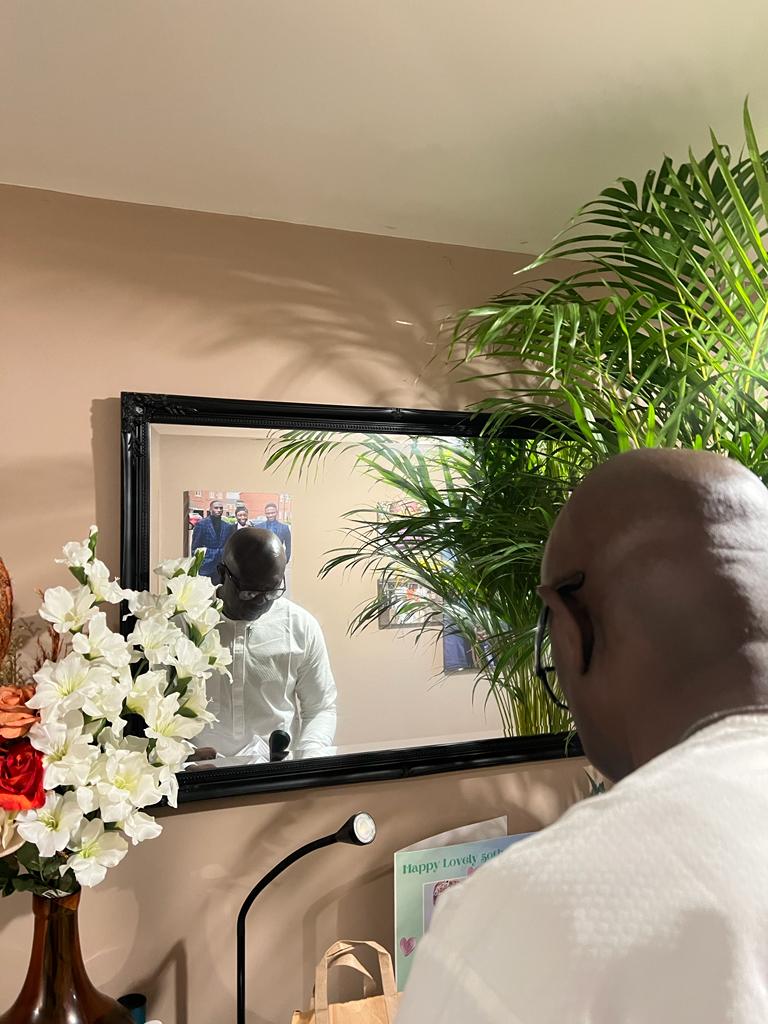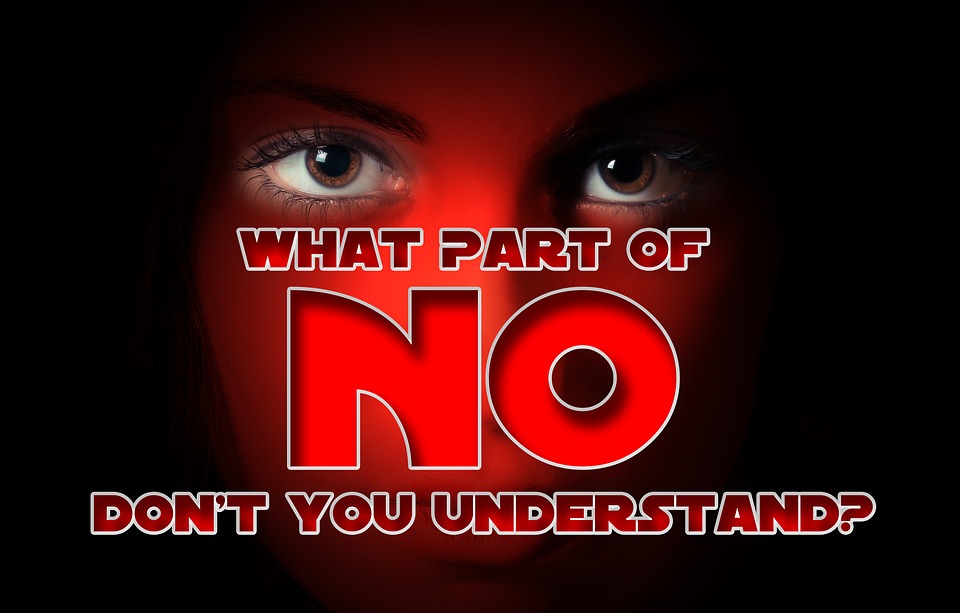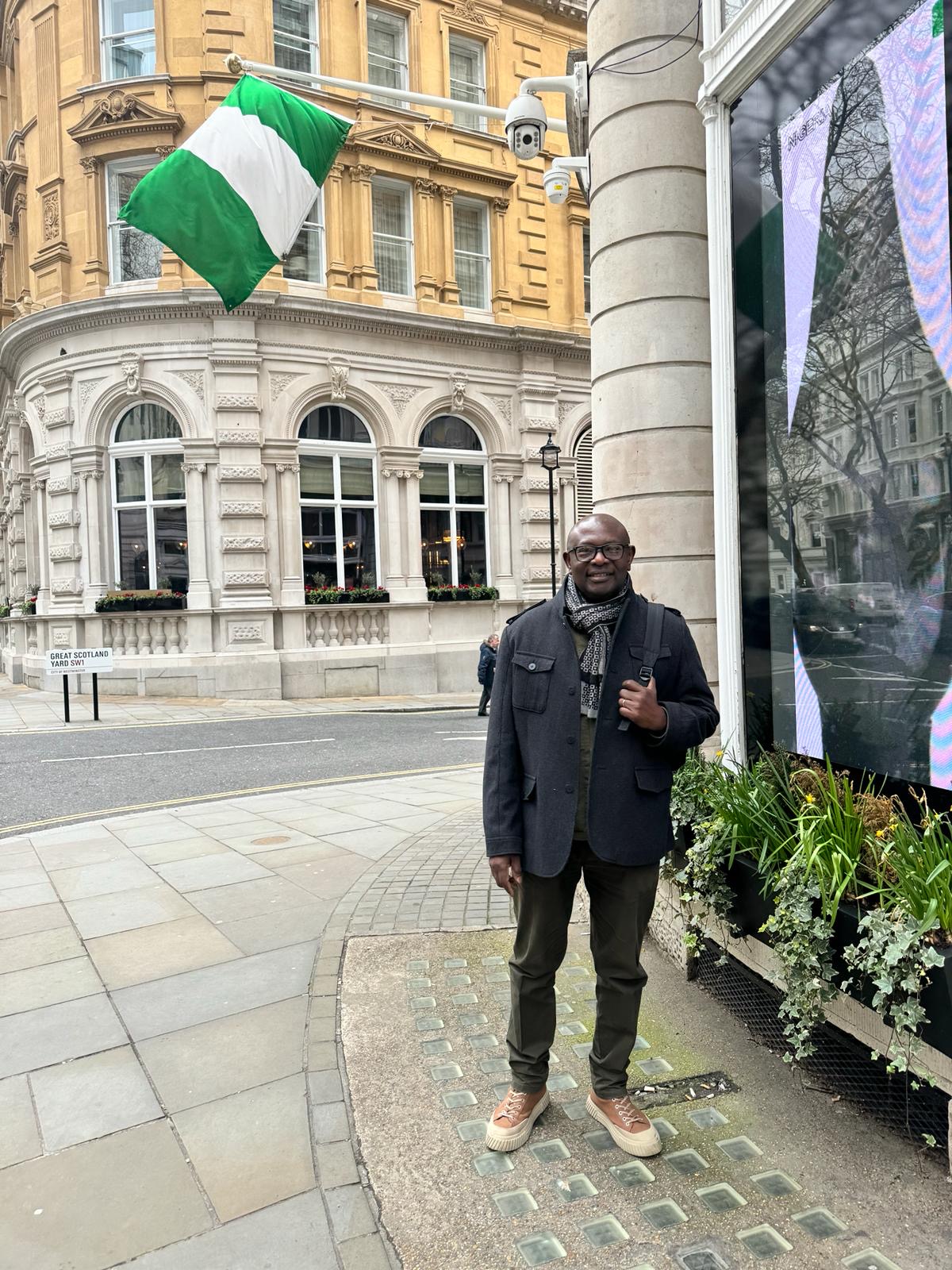By Morak Babajide-Alabi
In Africa, it’s not often we get to talk about rape. This is saying it mildly. We rarely talk about rape. When we do, it is done in whispers. It is done in isolated clusters, never discussed publicly. This is beside the fact that going by culture, it is a taboo. The subject is only brought up when someone very close is involved.
The silence on rape in this continent is so loud and very deafening. The culture of silence has been accepted to be the norm and in the process, the victims become the accused when they spill the beans. To avoid mistreatment and unfair judgement, many victims would rather die with their hurts than share their stories. To those in the know, it is better said in whispers. In some African societies, the victims not only suffer the emotional trauma, but also the shame of identification associated with it. The societies blame the victims for being the agent provocateurs in their own ordeals. No wonder just a few numbers of victims ever come up with their stories.
Rape, as we all know, is a crime of “aggression, power, and control in which one person forces, coerces, or manipulates another person to have sexual intercourse without their consent”. Rape involves vaginal, oral, or anal penetration by any object (including fingers) and it also includes forced oral sex.
The shame and stigmatisation of rape victims have been going on for long. Unfortunately, this bias has contributed to the continued perpetration of this criminal act. A 2014 United Nations Children Education Fund (UNICEF) report titled “Hidden In Plain Sight,” said in part that “around 120 million girls worldwide (slightly more than 1 in 10) have experienced forced intercourse or other forced sexual acts at some point in their lives.” This statistics should bring the reality of the magnitude home for everyone. It must, however, be noted that the figures reported here are mainly of those that were identified. Of every one case that is reported, there are surely tens that never made the books.
The reporting of rape cases, especially in developing countries is very challenging. Yet we cannot deny the fact that rape happens every second. Statistics reveal that living in certain parts of the world exposes one to rape attacks than in others. One needs no magical power to guess the countries where attacks are likely to be prevalent. These are in countries where lawlessness, violence and lack of good leadership predominate. Residents of countries in the sub southern Sahara Africa falls under this category as well. Do not get me wrong, rape is prevalent in developed countries but the long arms of the law usually get to the offender faster than in a country such as Nigeria or India.
Talking about India, it’s a country where rape is reported to be the past times of young hot blood men. We can still recollect the story that came out of this country in 2012 when a young woman was gang-raped and thrown off a moving bus. We were appalled by this news, and many individuals and organisations raised their voices. They sought the full weight of the law to be brought down on the perpetrators.
In Nigeria, there are no accurate statistics for rape cases. We can excuse this, as even economic policies are drafted without correct statistics. This has not taken away the fact that rape is endemic in the country. We can recollect the infamous gang rape story that came out from a south-east university sometimes ago. Do we know how many housemaids and house boys are regularly raped by their employers? Or how many students (female/male) are raped in universities?
To be honest, rape over the years has become part of the workings in the Nigeria systems. Various governments have turned blind eyes to it and pretend it is nothing that calls for urgent attention. The executive and judiciary arms of governments have not done anything historic about it. It has been all talk and no action. As a result, this heinous act goes on in our society on a daily basis.
Rape is a serious issue that needs urgent attention of every reasonable man and woman. Human beings are created to be reasonable and rational, but atrocities, such as rape have indicated otherwise. If being reasonable is a demand for living, rather than increase, rape figures should be nose-diving. One, therefore, wonders, if we are losing the war on sensibility or something is simply wrong with the thought process of individuals. The rise suggests that rather than use brains some individuals are controlled by their sexual cravings. And in doing this, they cause discomfort to other people.
While governments, especially in developed countries, have made some kind of progress, the journey is yet to start in developing countries. These governments may have done more than the ordinary to sensibly criminalise this act, the question is are they doing enough compared with the scale of the occurrence. The consensus, however, is that no matter the prevailing culture supporting or encouraging rape acts, governments, leaders, and all right-thinking human beings should be campaigning for tougher sentences.
There is hope rising in the horizon though, as individuals, charities and non-governmental organisations are giving voices to the victims of rape. Of recent, some Nigerians have in their individual capacities been waging wars on rape. They have not formed vigilante groups to stop the perpetrators, nor are they parading the streets looking for rape victims. No. They, as kind-hearted, patriotic and reasonable citizens use their private resources to campaign for a change of perception towards rape victims in the country. They also ensure identified victims of rape are not denied justice.
I am particularly impressed by the rising voices of these individuals constantly hammering on this subject. These are not jobless people, but individuals concerned with the plight of thousands of victims who rarely get justice in Nigeria. A particular friend of mine in recent weeks used his personal social media channel to focus on rape. He has been seeking justice in his personal capacity for a housemaid who was raped by the husband of her employer. With these individuals, there is hope that there will be a reduction soon in the number of rape cases. There may not be such a drastic reduction, but the efforts will no doubt make a difference.
My sister, Omolola, joined these kind-hearted individuals who have taken on the cause of educating and training young girls in the country. She launched a project very dear to her heart – All About Girls. The project is set up to empower girls in Nigeria to be whatever they aspire to be. This is a commendable project that needs the support of all well-meaning Nigerians. It aims at promoting and developing the capacity building, self-awareness in young girls to become matured woman/adult, while also empowering young girls with vocational/entrepreneurial skills for self-reliant and economic development.
She identified the need for this project because of young girls are daily faced with challenges, disappointment from peers, discouragement from home front etc which has led to mental and emotional disturbance thereby affecting their sense of value and lifestyle, resulting in early marriage, prostitution, molestation, exploitation, drop out of school and some joining gangs in order to better their lives. All About Girls will definitely fill a void in the system that is skewed against young girls.
First published in the Sunday Vanguard, Diaspora Matters’ column on September 17, 2017.







